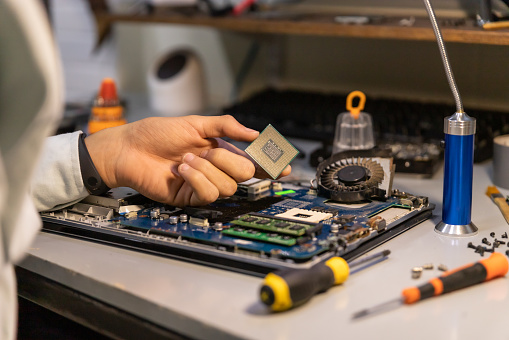ME679 - Micromechanics of Composites

Instructor
Prof. Asim Tewari
Semester
Autumn ‘19
Course Difficulty
Basic to Intermediate level. All the concepts are taught from scratch, with in-depth calculations done by the Professor in the lecture itself. If the initial lectures are understood carefully by the student, then there should not be much difficulty in understanding the latter topics, which are mostly theoretical.
The project being individual requires some time input from the student (in learning Python basics and implementing the tensor calculations).
Time Commitment Required
Very limited apart from the lecture hours (only for project).
Grading Policy and Statistics
The grading was relatively chill, the students who submitted the project and attempted all the exams received a grade >= BB
AA 1
AB 3
AU 4
BB 1
CC 1
CD 1
FR 3
W 2
Total 16
Attendance Policy
None, although attending the lectures is super recommended as the exams are open notes.
Pre-requisites
Basic knowledge of python recommended.
Evaluation Scheme
Heavy emphasis is given to the course project ~ 40%
Midsem ~ 25%
Endsem ~ 35%
Topics Covered in the Course
A different approach to vectors, tensors and their calculations.
Constitutive laws and tensor calculus.
Types of composites, their relevance.
Elastic moduli of composites under variety of boundary conditions.
Composite material behaviour estimation under a variety of loadings.
Teaching Style
We had offline lectures in which all the calculations and theory were discussed by Professor in the class itself. Note-making was an essential aspect of the learning, as there were no slides used by the professor in the class.
Professor’s teaching style is very adaptive and fun, so the 1.5 hour lecture doesn’t feel like a long duration of time. Doubts were solved in the lecture itself and thus there was a very limited requirement of extra time commitment apart from the lecture itself.
Tutorials/Assignments/Projects
The course had a coding project (to be done individually), with the preferred language being python. It was of an all-encompassing type, i.e., as the lectures progressed, new sub-problems were added to the project. Overall, a nice learning experience.
Feedback on Exams
There were no quizzes. The Midsem and Endsem were open book/notes tests with lenient exam duration.
Both the exams were very thought provoking and many of the questions asked were from the notes provided by the professor. The grading of the tests was mostly binary, with one getting either 0 or full marks for most of the questions.
Motivation for taking this course
One of my major motivations for taking the course was Prof. Asim Tewari, who’s well known in the Department for his teaching. Other than that, the course involved the basics of tensor calculations, which I wanted to learn for a long time.
How strongly would I recommend this course?
All students wanting to learn about composites, or materials in general, should take this course.
When to take this course?
I took the course in my 5th semester. Anytime after the 5th semester would be an ideal time for the course.
Going Forward
ME 761 (Advanced Stereology and Microstructural Analysis) would be a nice follow up to this course.
References Used
Micromechanics of defects in solids by T. Mura, Springer 19872.
Review By: Rohan Singh